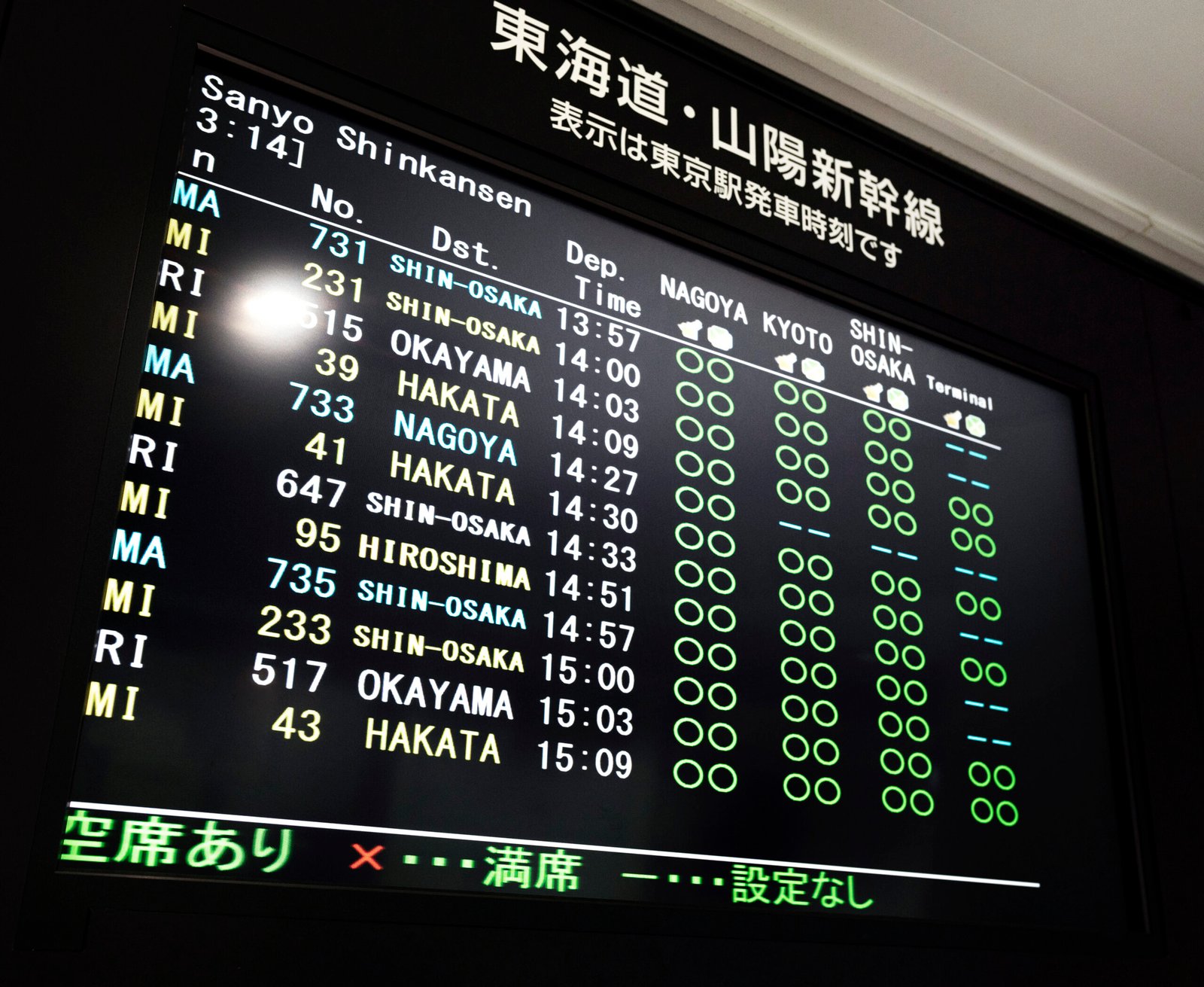In a nerve breaking groundbreaking achievement to the world of technology, Japan achieves 1.02 petabit in internet speed setting a world record that redefines our perception of internet speed and information exchange across the world. This mind-blowing result has sparked astonishment worldwide among scientific experts, marking a paradigm-shifter as to the speed and time efficiency of data transfers over the vast networks. Since the world is being transformed into a more and more digital place, the world could soon be transported by the record-breaking progress of Japan into a new age of internet infrastructure all over the globe.
What is the 1.02Petabit Internet Speed Good For?
By saying that Japan creates the world record of 1.02 petabit speed of internet connection, we speak about internet speeds which are 100,000 times faster than average speed of internet connection nowadays. The speeds mentioned above are 1,000,000 gigabits a second or one petabit a second (Pbps), i.e., a near impossible speed.
Just to put this into perspective:
In one second, you were able to download 127,500 High definition movies.
Whole data centers could be replicated in real-time
The world infrastructure in cloud computing had the potential to expand in real time
This will not only be a giant step but also a leap towards the future of providing ultra-high-speed communication.
How Japan Set the New World Record Record of 1.02 Petabit
The world fastest internet on a speed of 1.02 petabits headlined Japan did not come all-of-a-sudden. It was a product of years of work headed by Japan National Institute of Information and Communications Technology (NICT).
Their group turned to nanotech fiber-optic technologies, mixing:
Multi-core systems fiber
Wavelength-division multiplexing (WDM)
Special amplifying facilities
At the level of more than 370 wavelengths on a single optical fiber, NICT managed to reach the 1.02 Pbps mark, an achievement unprecedented on a world wide basis.
The Future of The Internet and Why This Record is Important
News that Japan breaks the world speed record of internet delivery of 1.02 petabit is not merely a statement to brag. It has practical application:
The 6G connectivity of next-gen 6G
IoT and smart city ultra-low latency
Live 8K and beyond 8K streaming
Brutal data processing of AI and machine learning
International cooperation in science Global cooperation in research
Basically, such technology might be the pillar of future hyper-connected society.
Comparison of This Breakthrough Worldwide
Earlier other countries had recorded remarkable progress in fiber-optic technology but when Japan broke a world record of 1.02 petabit internet connection speed, it left all the previous records far behind.
UK had already attained 178 terabits per second
The level of Australia was approximately 44.2 terabits
The USA is already working on quantum networking, although, much too late by raw speed standards
The success that has been recorded in Japan is unrivaled thus making it the leader in internet innovation in the world.
How Fiber Optics Helped in the Achievement.
Another key in the puzzle of how Japan achieves 1.02 petabit internet speed world record is fiber optics. Traditional copper wires transfer data by means of electricity whereas fiber optics emit light at a speed that is exponentially faster and efficient.
Researchers in Japan exploited:
four-core optical fibre that allows parallel data streams
Optical amplifiers with large Bandwith
High order signal processing algorithms
It is possible that some of these innovations will percolate into the consumer internet and entirely change the game in the way we connect.
The Possible Effect on the Common Internet User
And when you ask yourself how the recognition the fact that Japan is the world record holder of Internet speed of 1.02 petabit network, effect an ordinary user, the response is enormous. When commercialized, such technology may allow:
Live cloud back-ups
Video conferencing without buffers
VR in real time experiences
Low latency Internet games
We can be several years, but the development in Japan is showing the way forward when this will reach household-level technology.
Possible problems prior to going global
Although Japan records 1.02 petabit internet speed, it still takes some obstacles before the world can witness this:
Infrastructure cost: Enhancing the contemporary world networks will be insanely expensive
Interoperability: Old devices and routers will not handle such speed
Data confidentiality: Increased progress requires enhanced encryption and internet security
Geopolitical borders: The technology sharing and standardization might be politically provocative
Nevertheless, these issues will probably be solved in the long-term as research and cooperation are going to be enhanced.
Tech Companies on the matter
The top firms in the industry such as Google, Meta, and Amazon have shown great interest in this development following knowledge that Japan records a 1.02 petabit internet speed record. An increased speed would permit:
Instantaneous international teamwork
Unique interoperability of AI in the cross-cloud environment
Scalable data infrastructure
While it can be expected that major investments and even partnerships will be formed in regards to this technology in the next several years.
The implication of This on Emerging Markets
Of possibly the most positive of the news that Japan claims 1.02 petabit speed of internet worldwide is that developing countries will also emerge as beneficiaries of the news.
This breakthrough has the possibility of:
Bridge the gap of connecting rural and remote regions quicker
Enhance the availability of telemedicine and e-learning
Increase productivity in the economy through digital inclusion
It is the worldwide possibility not the regional accomplishment.
Post-Scripts: Digital Future Redesigned
The fact that Japan set the world record in internet speed at 1.02 perbist is not mere technological achievement, it is something that peeks in to how fast and efficient the future of communication can be. With the increasing entry into the realm of AI and cloud firsting, the internet speed has become the core of innovation.
The success of Japan shows us that it is the dawn of the digital era, and as the progress goes on, the current record would be considered slow in the future.













Leave a Reply
View Comments